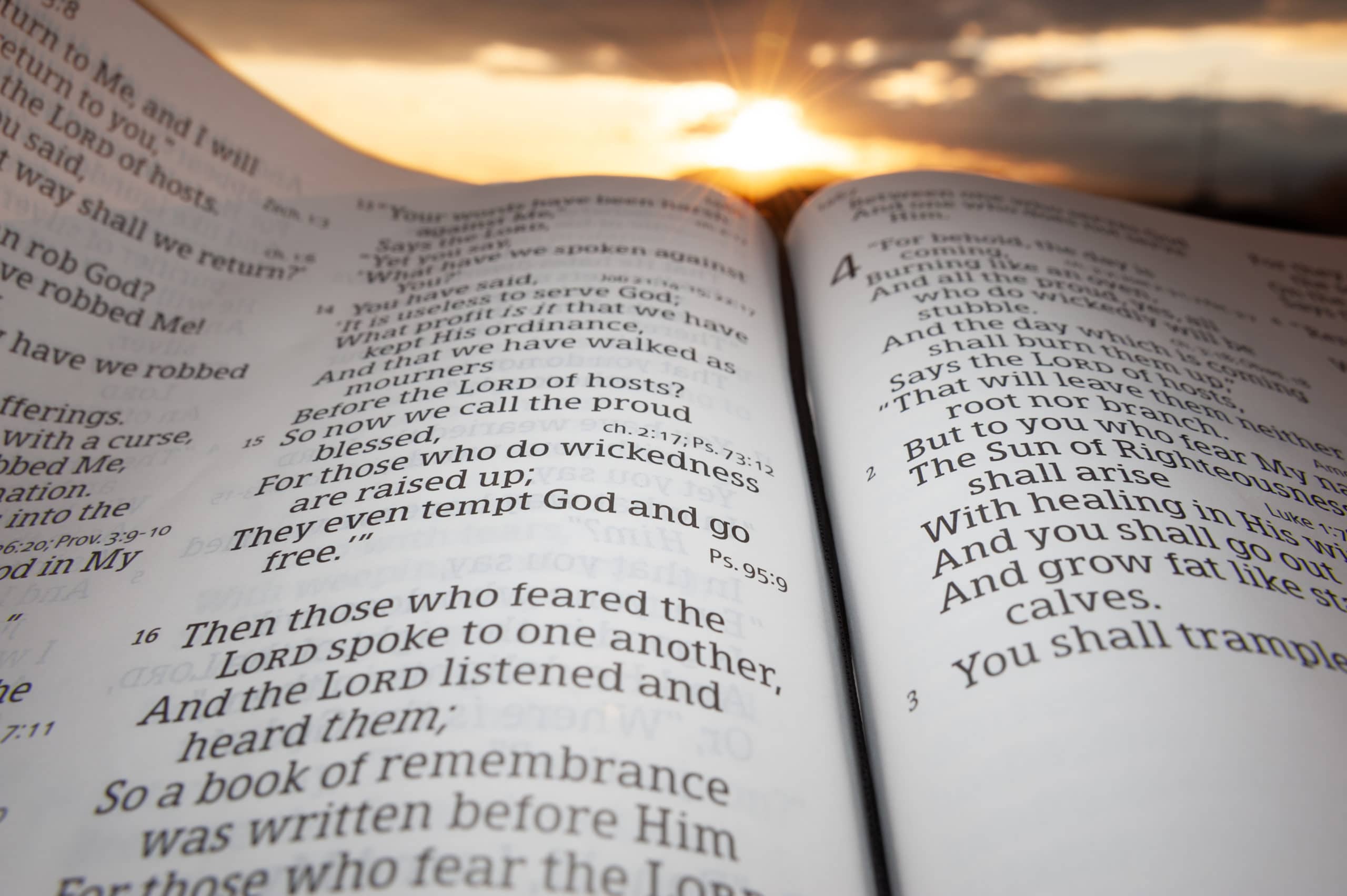What is the resurrection to “judgment”?

How can we be sure that Jesus did not use the Greek word “krisis” to refer to the second death when he said in John 5:29 that those that have not followed after him would have a resurrection of judgment? How can we be sure that the resurrection of judgment in John 5:29 does not correspond to Revelation 20:13, 15 which describe the dead coming forth and “anyone not written in the book of life being thrown into the lake of fire”?
The Greek word krisis is Strong’s Concordance #2920 and means a decision (for or against) an accusation, condemnation, damnation or judgment. From the context of Matthew 23:13, Mark 3:29, Hebrews 10:27 and Revelation 18:10 and 19:2, the judgment – either on the individual or on the system – is clearly a final one, called “second death.”
However, John 5:28-29 is a direct reference to the coming time and the Millennial age (the Day of Judgment) when people will come forth from their graves to have an opportunity to make right the wrongs of their previous lives and to learn what true righteousness is and have it written in their hearts.
“Marvel not at this: for the hour is coming in which all that are in their graves [those who have followed after Jesus as well as everyone else] shall hear his voice, And shall come forth; they that have done good unto a resurrection of life [they receive a heavenly reward]; and they that have done evil [the remainder of the world who have not qualified for a heavenly reward, due to the time in which they lived, their character, etc.] unto a resurrection of damnation [judgment].” John 5:28- 29
The Millennial age will give everyone who has ever lived a second chance for everlasting life on earth.
The translators of the King James Version (KJV) rendered #2920 (krisis) in John 5:29 “damnation” because they supposed (as most Christians unfortunately still do today) that there was no hope except this present life, and consequently could think of no object God would have in calling the unjustified from their graves, except to damn (condemn) them publicly.
The KJV’s rendering of krisis (damnation) in John 5:29 is a serious error, which has assisted in confusing the minds of many respecting the true import of the passage.
We see this same viewpoint of the translators in John 5:24 where krisis is translated into English as “condemnation.” However, krisis is rightly translated as “judgment” in John 5:27.
Moreover, the same word (#2920) is rendered as “judge,” “judgment” and “just” in John 5:30.
We believe that in the entire passage of John 5:24-30 Jesus is talking about two groups of people:
- Those who are already judged now – his true followers. They have achieved a heavenly reward, as promised, and
- Those who have yet to be judged. This second class will comprise the majority of mankind. They will be awakened from their graves to a period of future, on-going judgment where they will have an opportunity to learn righteousness and achieve life everlasting on earth.
If #2920 is rendered “judge” or “judgment” in every place it is used in John 5:24-30, the passage makes complete sense and is not confusing.
The word “judged” in Revelation 20:13 is Strong’s Concordance #2919 (“krino”) and means to decide, distinguish, condemn, try or punish. By definition, we see it implies finality.
“And the sea gave up the dead which were in it; and death and hell delivered up the dead which were in them: and they were judged [final judgment] every man according with their works [not works during their previous life on earth, but works throughout the period of judgment, the 1000 year Millennial age]. . . . And whosoever was not found written in the book of life was cast into the lake of fire [the second death].” (Revelation 20:13,15)
How can we be sure that the resurrection to judgment in John 5:29 does not correspond to Revelation 20:13 and 15? Krisis in John 5:29 refers to coming under judgment (the Millennial Day—the 1,000-year judgment period).
This will be a period where reformation will be possible. John 5:29 is part of the larger context of John 5:24-30, which bears out this perspective. However, Revelation 20:13-15 refers to the end of the 1,000-year Judgment Day and uses the word “judged” (krino) implying finality. That finality is brought out in verse 15, where those found lacking righteousness at the end of the Judgment Day are cast into the lake of fire (the second death).
To learn more about Judgment Day listen to, “Will Sinners Be Happy on Judgment Day?”






